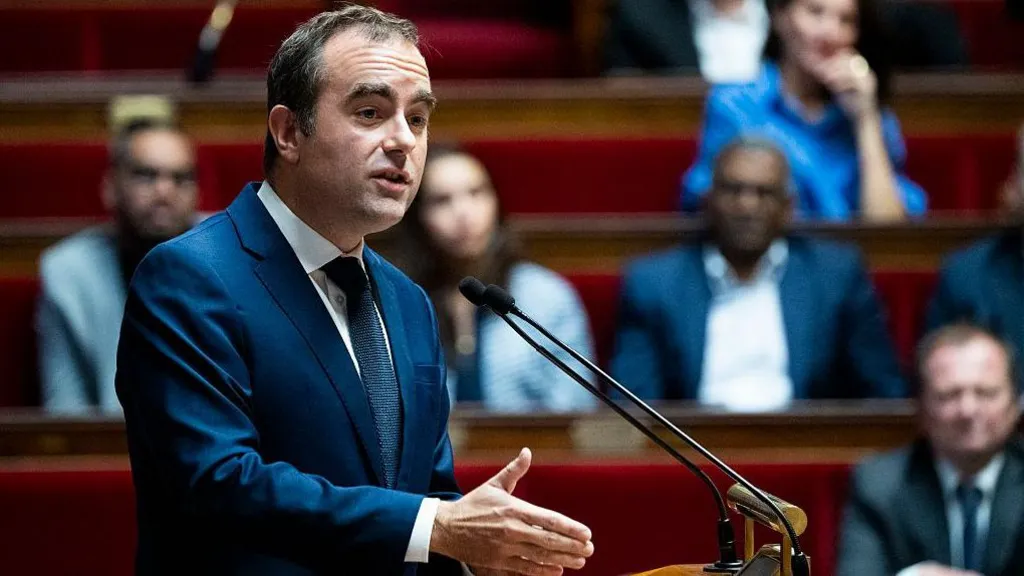
Sébastien Lecornu has had a turbulent start to his job, having resigned last week as prime minister before being reappointed
Sébastien Lecornu has bought himself temporary breathing space after surviving two no-confidence motions tabled by the opposition. In the tightest vote, a motion from the far left fell 18 votes short of the 289 needed to bring him down. After just five days in office, Lecornu can now turn attention to passing the 2026 budget, but any relief is likely to be short-lived.
Sébastien Lecornu survives no-confidence votes
Lecornu only survives thanks to major concessions made to the left. The Socialists threw the government a lifeline this time, but they warned they will not be so indulgent next round. Both the far left and far right remain intent on bringing him down, keeping the political pressure intense.
Sébastien Lecornu’s concessions to win Socialist support
To secure Socialist backing, the prime minister promised to freeze President Macron’s key economic reform — raising the retirement age to 64. That pledge was pivotal in persuading roughly 65 Socialist MPs to support him and avert immediate collapse.
Budget battle and the 49:3 pledge
Lecornu also pledged not to use the constitutional device known as 49:3, which allows a government to force laws through without a parliamentary vote. By refusing to invoke 49:3, he handed ultimate control over the budget to MPs — a major shift in power after the July 2024 dissolution and a sign of declining presidential authority.
The draft budget Lecornu tabled aims to reduce the deficit to 4.7% of GDP by finding €30bn in savings, including cuts in health and local administration spending. But the Socialists, joined by the rest of the left and the far right, denounced the text as a betrayal of the less well-off. Party leader Olivier Faure warned he would support a new vote of censure if offending parts of the budget are not removed.
Political context and fractured parliament
France’s National Assembly has been split three ways for 15 months. A centre-right bloc of under 200 MPs, a left-wing alliance of similar size. And a far-right bloc of about 140 plus independents. None of the three prime ministers since then has found a reliable majority.
Weeks of bickering and chaotic parliamentary moments have damaged France’s reputation, and public disillusionment with politics has grown. President Emmanuel Macron is widely blamed for the crisis and his popularity has slumped. Critics argue his decisions left the far right closer to power than he intended.
International reactions and domestic fallout
Observers warn the confusion and political capitulation have caused huge reputational damage to France. Voices across the political spectrum have expressed concern about the economic and strategic implications of continued instability. Critics say the situation undermines France’s standing with allies and markets.
What comes next for Sébastien Lecornu
Lecornu now faces the immediate task of getting the 2026 budget through a parliament he has empowered to fully debate and decide its fate. The concessions that kept him in office may make achieving the deficit targets and market-friendly belt-tightening difficult. With both extremes still seeking his downfall. And the Socialists signaling less tolerance next time, the breathing space he gained is fragile.
Follow TNN for more on Sébastien Lecornu and ongoing global news coverage. For the latest world news and roster updates.






